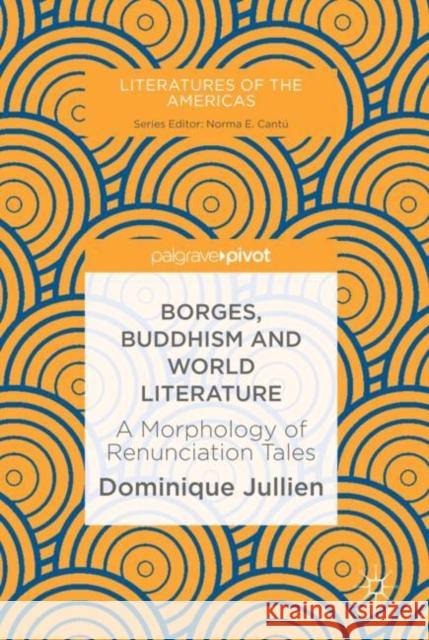Borges, Buddhism and World Literature: A Morphology of Renunciation Tales » książka
topmenu
Borges, Buddhism and World Literature: A Morphology of Renunciation Tales
ISBN-13: 9783030047160 / Angielski / Twarda / 2019 / 126 str.
Kategorie:
Kategorie BISAC:
Wydawca:
Palgrave MacMillan
Seria wydawnicza:
Język:
Angielski
ISBN-13:
9783030047160
Rok wydania:
2019
Wydanie:
2019
Ilość stron:
126
Waga:
0.34 kg
Wymiary:
21.0 x 14.8
Oprawa:
Twarda
Wolumenów:
01
Dodatkowe informacje:
Wydanie ilustrowane











